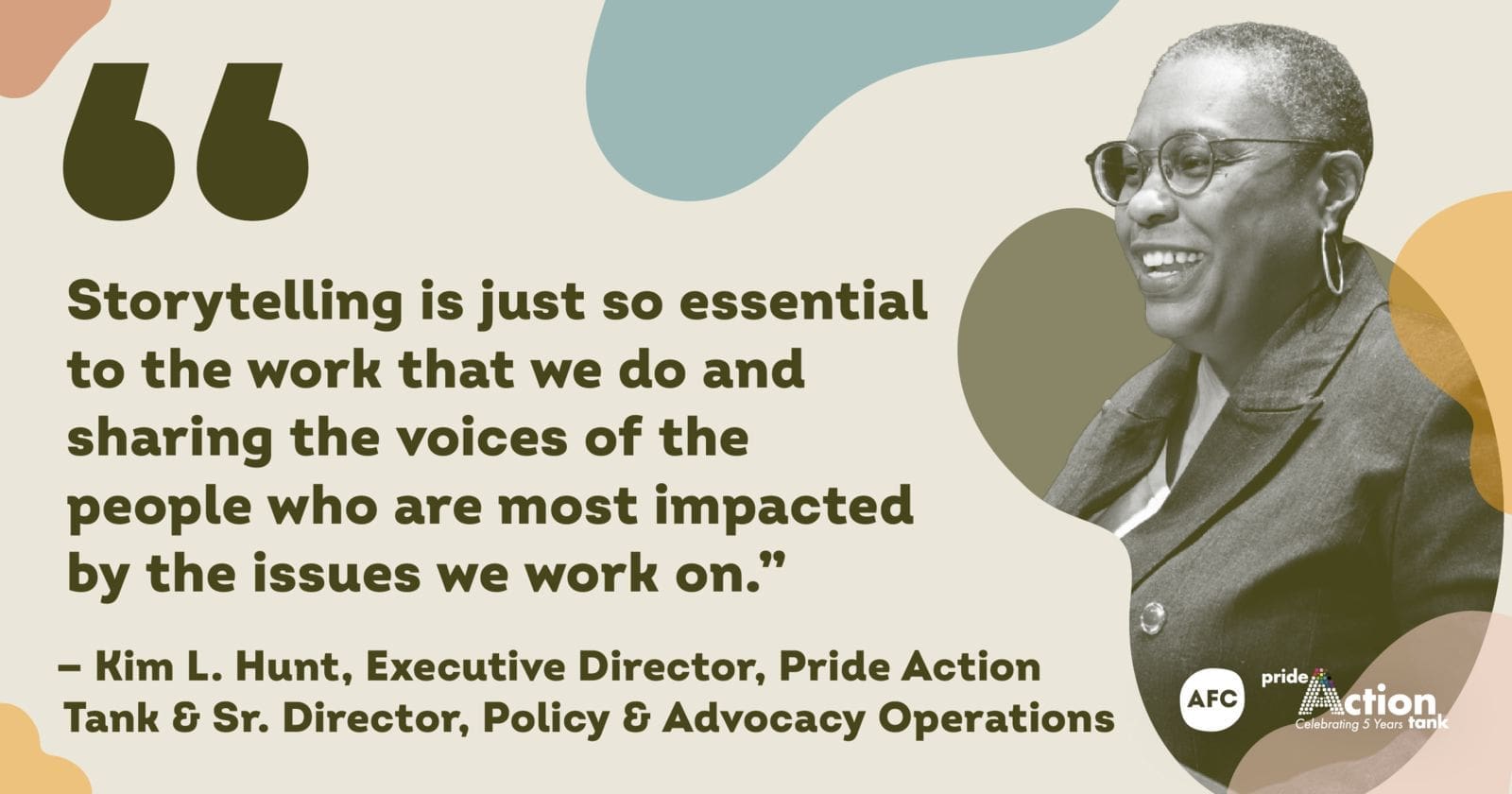By Coleman Goode
The term “HIV criminalization” refers to criminal prosecution of people living with HIV/AIDS including for non-disclosure of their HIV status, potential or perceived HIV exposure or HIV transmission.
These laws were put into effect during the early years of the HIV epidemic when there was little to no understanding about how HIV was transmitted. However, advancements in science have brought us a long way away from where we were. It is beyond time that our laws in Illinois and across the country catch up with the times.
What does HIV criminalization currently look like in Illinois?
In Illinois, people living with HIV and AIDS may be prosecuted for engaging in condomless anal or vaginal sexual intercourse without first disclosing their HIV status to their partner.
- It is a Class 2 felony, punishable by 3 – 7 years in prison and a $25,000 fine, for a person living with HIV who knows their HIV status to engage in “sexual activity” with another person without the use of a condom. The definition of “sexual activity” is limited to insertive vaginal and anal intercourse.
- The person living with HIV must prove that their sexual partner knew of their HIV positive partners status, knew that the activity could result in HIV transmission and consented to the activity with that knowledge.
- Current Illinois law also states that a person may be prosecuted for selling, exchanging or transferring non-sterile injection equipment, even if the recipient does not use it.
Why is this law problematic?
Illinois’ HIV-specific criminal law is harmful and unjust for several reasons.
- People living with HIV who harbor no ill will and have no intent to harm anyone are prosecuted and often convicted under these laws. Sometimes they plead guilty as part of a plea deal to avoid trial and a potentially longer sentence. Rather than protect the public, this law may actually harm public health by discouraging individuals from getting tested for HIV. Fearing prosecution, as well as stigma, some people living with HIV may avoid learning their HIV status. The law could also reduce the likelihood of disclosure of HIV status to sexual or needle-sharing partners. Laws like Illinois’ increase stigma towards people living with HIV by leading to inflammatory or ill-informed media coverage that may perpetuate misinformation regarding modes of HIV transmission, reveal a person’s sexual orientation or HIV status against their will, or play on harmful stereotypes.
- Enforcement of HIV-specific criminal laws also foster race- and sex-based disparities.
HIV-specific criminal laws in IL were created in 1989, a time where fear and misinformation on how HIV is transmitted was being used to push public policy. We now have new science-based opportunities for HIV prevention and care that have changed the way we look at HIV:
- Pre-exposure prophylaxis (PrEP), is a daily pill regimen that prevents a person from contracting the HIV virus.
- Antiretroviral therapy (ART) are powerful medications that help people living with HIV live longer and healthier lives.
- U=U (Undetectable equals Untransmittable) is the science driven public health campaign that a person living with HIV whose viral load is under a low threshold cannot transmit HIV to a negative partner.
It is beyond time for these stigma inducing laws to catch up with the science of today if we are ever going to achieve the reality of Getting to Zero in Illinois.
Science is based on facts. Law is based on precedent. In Illinois, legal precedent is still based on science from the 1980s, reinforcing stigma against people living with HIV.
To learn more about the HIV criminalization law in Illinois, share how this law has affected you or someone you care about, and/or get involved in the AIDS Foundation of Chicago’s policy advocacy work on this issue, contact Coleman Goode, Manager of Community Organizing, at [email protected].



